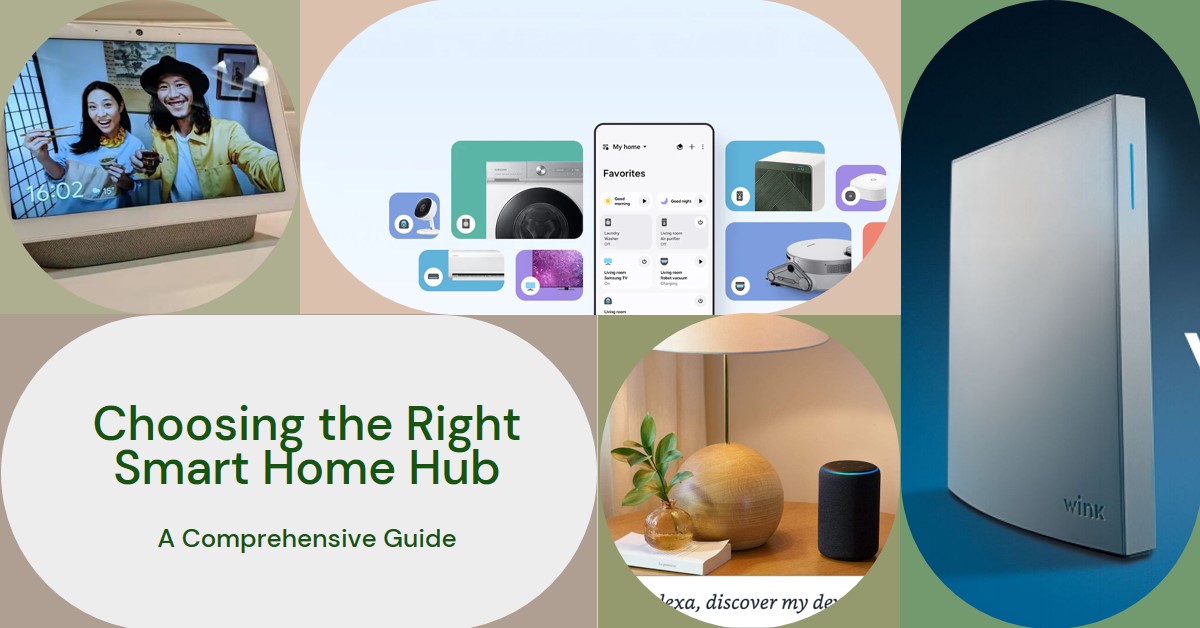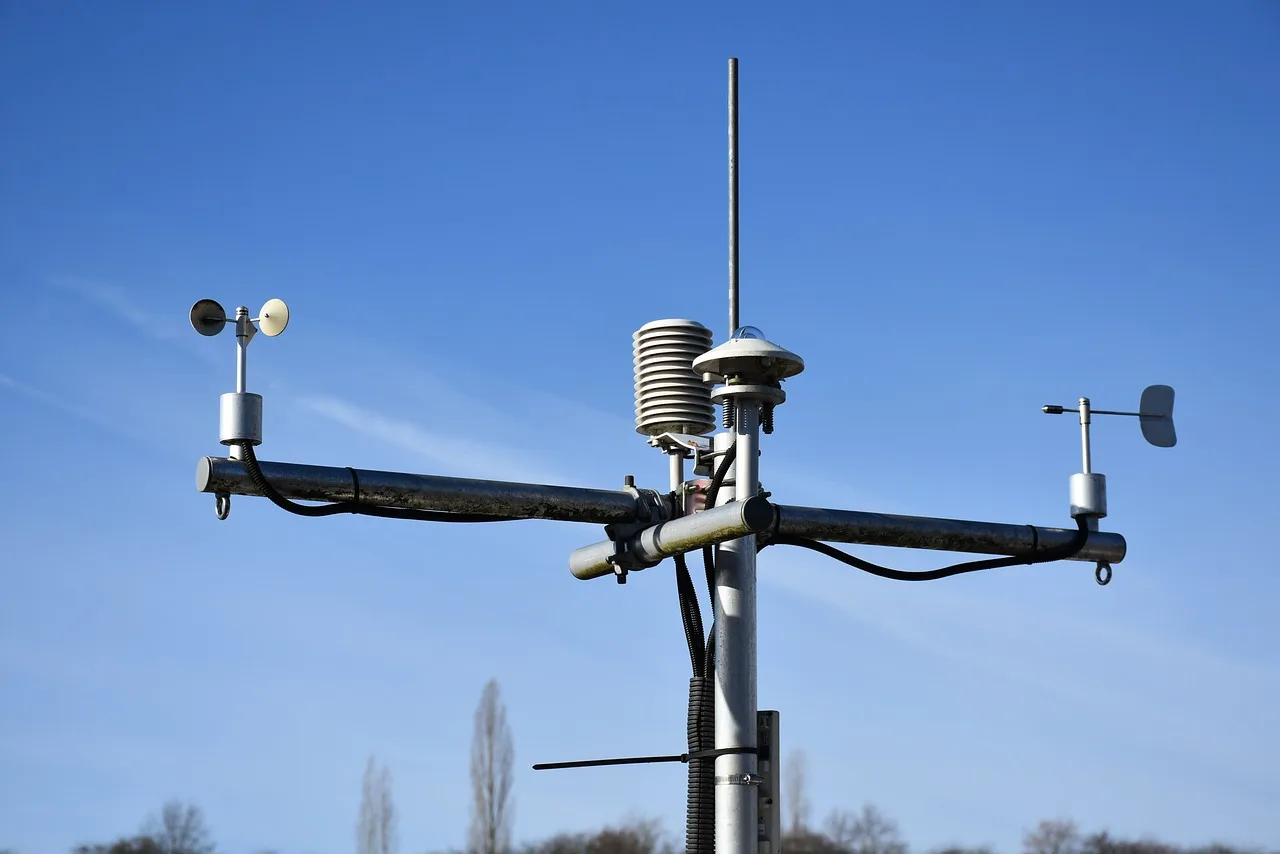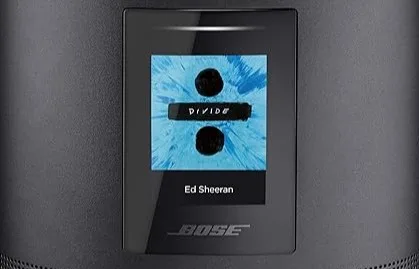Imagine coming home after a long day and having your house adjust to your preferences automatically. Lights dimming as the sun sets, temperature rising to your desired level, and even soothing music playing as you walk through the door. All these conveniences and more can become a reality with the help of a smart home hub. These devices act as central control units for all your connected gadgets, allowing seamless integration between various systems and appliances. Let’s explore the world of smart home centers!

Table of Contents
- What Are Smart Home Hubs?
- Popular Smart Home Hub Brands
- Comparative Analysis of Top Smart Home Hubs
- FAQs About Smart Home Hubs
What Are Smart Home Hubs?
A smart home hub serves as a bridge connecting multiple wireless protocols within a single network. Different IoT devices communicate via distinct protocols such as Zigbee, Bluetooth, Wi-Fi, or Z-Wave. With a smart home center managing everything, users don’t need separate apps for controlling every device. Instead, they can manage them centrally from one dashboard.
How Do They Work?
When integrated into a system, smart home hubs receive signals from sensors or other linked components, interpreting those commands based on preconfigured settings. Users then operate the entire ecosystem using voice assistants, mobile applications, or touchscreens. Some advanced features include automation rules, custom scenes, and remote access capabilities.
Benefits of Using a Smart Home Hub
- Simplified Device Management: Managing several smart home products becomes much easier when controlled by a single interface.
- Improved Compatibility: Many standalone devices only support certain communication standards; however, most hubs offer multi-protocol compatibility.
- Enhanced Security: Consolidating control under one platform helps prevent unauthorized intrusions while maintaining privacy across devices.
- Increased Automation Capabilities: Advanced scene creation and scheduling options allow better coordination among devices leading to increased convenience and energy efficiency.
Popular Smart Home Hub Brands
Let us delve deeper into four popular smart home hub brands available today.
Samsung SmartThings
Samsung SmartThings offers versatile compatibility with over 100 partnered manufacturers. Its modular design allows expansion through additional connectivity modules and supports local processing for faster response times. Furthermore, SmartThings integrates well with Amazon Alexa, Google Assistant, and Apple Siri, providing flexibility for user preferences.
Amazon Echo Plus
The Amazon Echo Plus combines built-in speakers and a Zigbee hub, eliminating the need for extra hardware purchases. While primarily designed around Amazon’s digital assistant, Alexa, the device does work with Google Assistant and Apple Siri via third-party skills. However, limited expandability may hinder future growth potential compared to competitors.
Google Nest Hub Max
Featuring a large display screen, impressive audio quality, and native Google Assistant integration, the Google Nest Hub Max excels in entertainment and information delivery. Additionally, compatible devices can leverage Google’s Thread mesh networking technology for reliable performance. Yet, lackluster third-party support might deter power users seeking extensive integration possibilities.
Wink Hub 2
As an affordable yet feature-rich option, the Wink Hub 2 boasts compatibility with numerous communication protocols. Although relatively basic compared to others, it provides essential functionality backed by robust developer tools supporting community contributions. Unfortunately, occasional connectivity issues and questionable company stability could raise concerns regarding longevity.
Comparative Analysis of Top Smart Home Hubs
Here’s a side-by-side comparison of our highlighted smart home hub brands:
| Feature | Samsung SmartThings | Amazon Echo Plus | Google Nest Hub Max | Wink Hub 2 |
|---|---|---|---|---|
| Price Range | $60-$180 | $150 | $230 | $100 |
| Communication Protocols Supported | Zigbee, Z-Wave, Bluetooth LE, Wi-Fi, LTE, LoRaWAN, Cloud-to-Cloud | Zigbee, Bluetooth, Wi-Fi | Zigbee, Bluetooth LE, Wi-Fi, Thread | Zigbee, Z-Wave, Bluetooth LE, Kidde, Clear Connect, Lutron ClearConnect, Wi-Fi |
| Expandability | Yes (via add-ons) | Limited (through third-party skills) | No (limited to proprietary devices) | Basic |
| Voice Assistants Integrated | Amazon Alexa, Google Assistant, Apple Siri | Amazon Alexa | Google Assistant | None natively supported |
| Mobile App Quality | Excellent | Good | Fairly good | Average |
Smart Home Talk: Mastering Communication Protocols
FAQs About Smart Home Hubs
1. Q: Do I really need a smart home hub?
A: Not necessarily, depending on the number and type of devices in your setup. For simple setups with just a few devices, direct app control may suffice. But for larger installations involving diverse product ranges, investing in a hub streamlines management significantly.
2. Q: Can I switch my existing smart devices between different hub platforms?
A: Possibly, although compatibility varies widely depending on manufacturer guidelines and specific models. Always consult documentation before attempting migration.
3. Q: Are there any alternatives to traditional smart home hubs?
A: Indeed, smartphones and computers can sometimes function as makeshift hubs using specialized software. Examples include HomeKit for iOS devices and Tasker for Android phones.
4. Q: Is data security compromised due to consolidation offered by hubs?
A: Reputable companies prioritize cybersecurity measures, including encryption, secure boot mechanisms, regular firmware updates, and strict vendor partnership agreements. Still, individual risks depend on personal habits and overall network configuration.
5. Q: Will my smart home hub continue working if the manufacturing company goes out of business?
A: Most likely yes, since many modern hubs store configurations locally rather than relying solely on cloud services. Nevertheless, warranty coverage, bug fixes, and new feature releases would cease upon closure.


